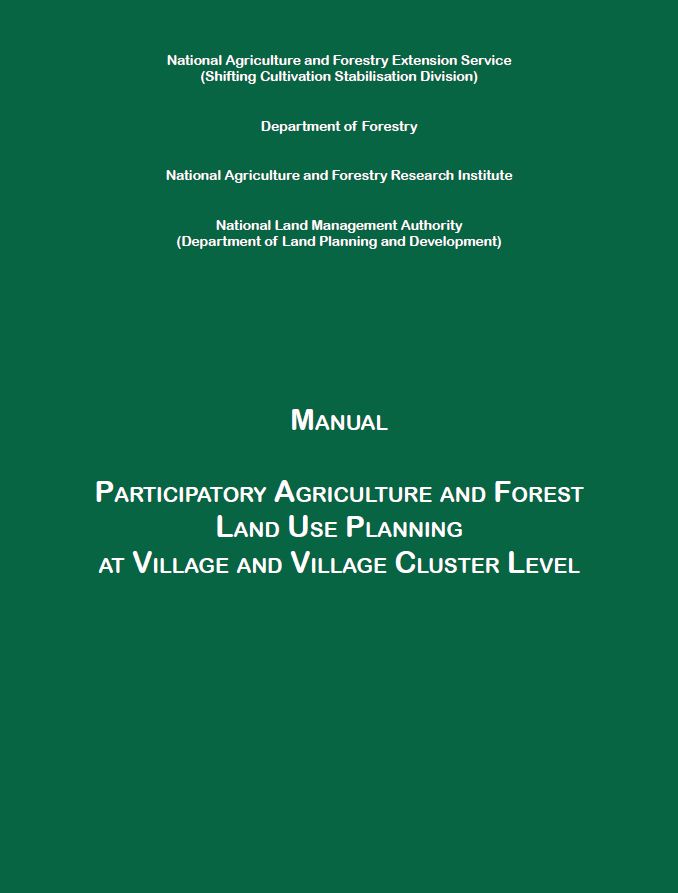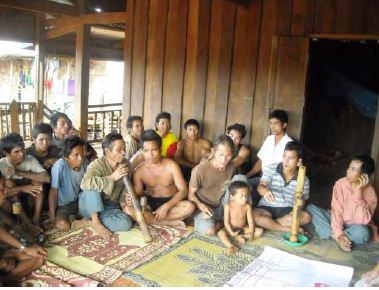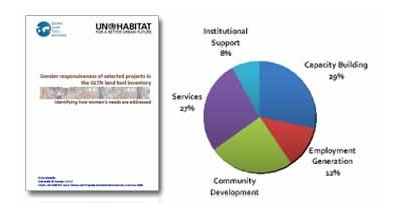Complementary Law No. 143 establishing the Planning and Territorial Planning System of the State of Roraima.
This Complementary Law, consisting of 42 articles divided into seven Chapters, establishes the Planning and Territorial Planning System of the State of Roraima. The above mentioned System, called SPOT/RR, is the main guiding instrument for planning of land occupation and control of the use of natural resources of the territory of the State of Roraima, in the implementation of plans, programmes, projects, works and public and private activities. The purpose of the SPOT/RR is to implement the provisions of art.








